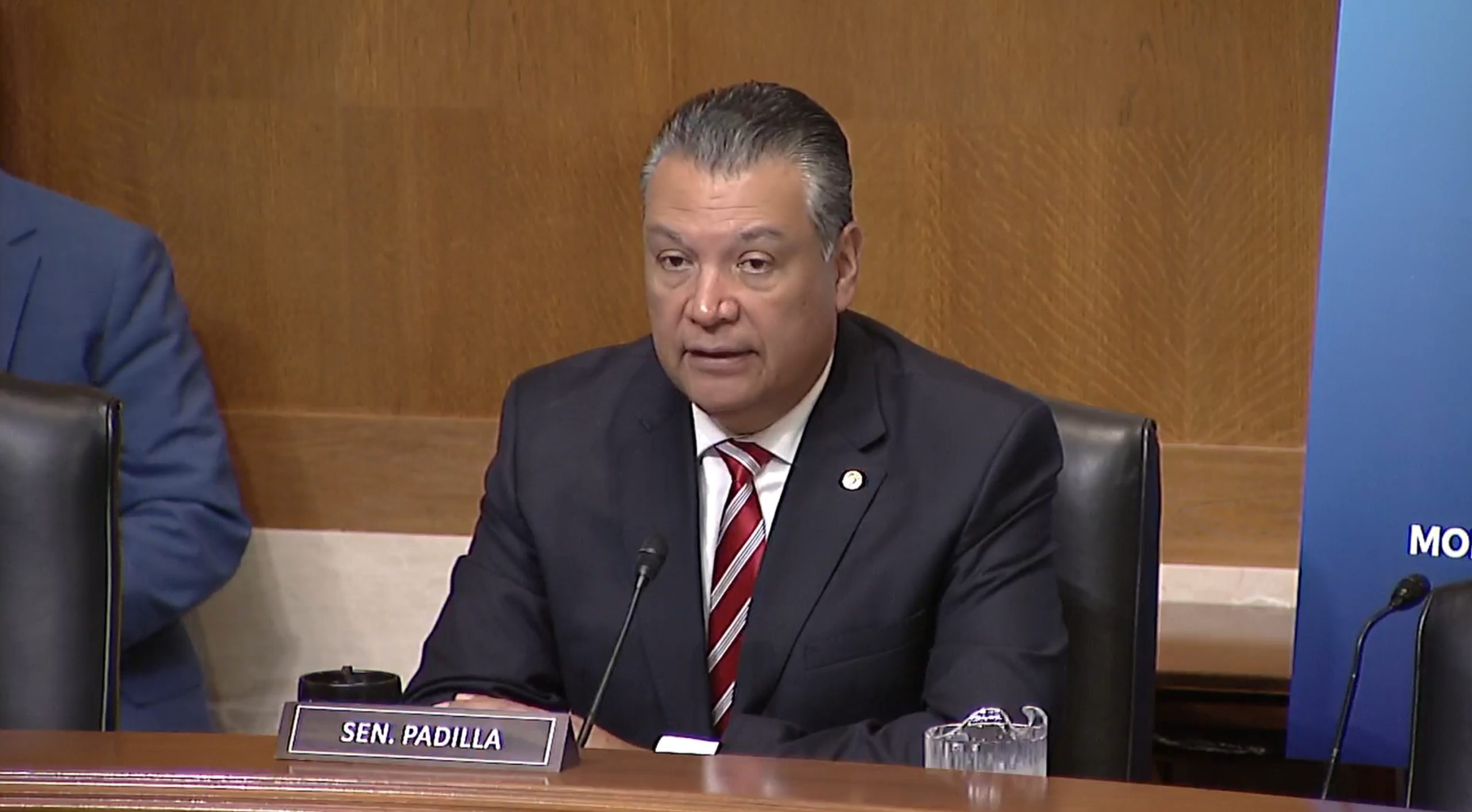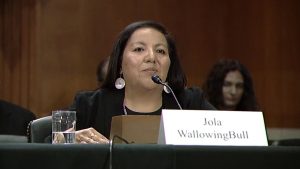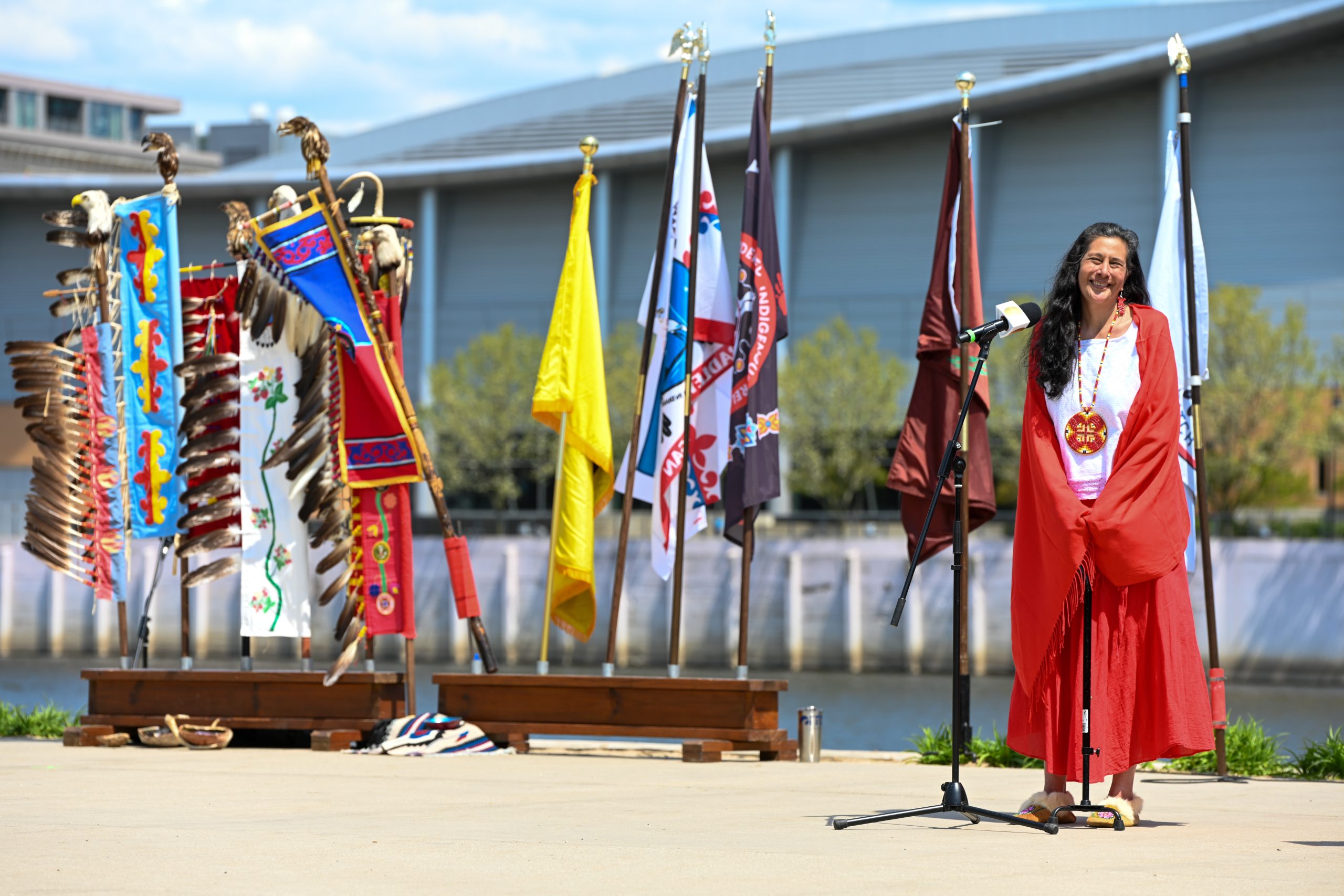Podcast: Play in new window | Download | Embed
The Washington State Department of Commerce has awarded seven grants for clean energy projects around the state.
Steve Jackson reports.
The money comes from the Clean Energy Fund, created by the state legislature ten years ago, says Jennifer Grove, managing director of energy programs in communities at the Department of Commerce.
“The state has invested close to $290 million through the Clean Energy Fund, in a variety of projects around the state, from energy storage, renewable generation, manufacturing, grid modernization.”
Grove says the projects approved this year include those that will improve air and water quality or soil health, and reduce greenhouse gas emissions.
The Spokane tribe was one of seven groups that was awarded a grant.
They received nearly $1 million to overhaul systems in the Tribal Administrative Building in Wellpinit.
Director of Public Works Maria Cullooyah says an energy audit determined the building wasn’t very energy efficient, and an upgrade in the H-VAC system was needed.
“If we didn’t do our part to upgrade and do an overhaul, and move into a new system, that by the time we did have to maintain these systems, the fluids and everything they run on would probably not even be made because they are not very efficient”
It’s estimated the improvements to the building will save $30,000 annually through reduced utility bills.
Money from a previous Clean Energy Fund grant is also being used to help develop a mini grid system in Wellpinit utilizing solar power and battery storage to help in the event of a power outage in the rural community .
 The Alaska Federation of Natives has sided with the federal government in a legal battle over salmon management on the Kuskokwim River, as Rhonda McBride from our flagship station KNBA reports.
The Alaska Federation of Natives has sided with the federal government in a legal battle over salmon management on the Kuskokwim River, as Rhonda McBride from our flagship station KNBA reports.
A report from the Alaska Beacon says AFN filed a motion this week to intervene in a federal lawsuit against the state.
In its filing, AFN said the state’s position is attacking its interests and those of its members.
After a series of failed salmon runs, communities along the Kuskokwim river have struggled to feed their families, prompting the federal government to sue in May to stop state-authorized fishing on the stretch of the Kuskokwim that flows through a federal wildlife refuge.
Federal officials limited subsistence fishing to only rural residents, but the state opened the river to all Alaska residents.
Federal managers won an injunction to block open-access fishing, based on provisions under the Alaska National Interest Lands Conservation Act (ANILCA).
The state filed a motion earlier this month, arguing that the federal government lacks authority to regulate fishing on the Kuskokwim and that the state has a duty to protect subsistence fishing for all Alaskans, both urban and rural.
In its motion to intervene, AFN said the state’s latest motion threatens ANILCA’s long-established rural subsistence priority and has “clear implications for the entire statewide population of Alaska Natives.”
The Kuskokwim River Inter-Tribal Fish Commission, the Association of Village Council Presidents, and the Ahtna Corporation are also siding with the Federal government.

A small group of Native American dancers get ready to do the closing procession of the “back to school” pow-wow coordinated by the 4J NATIVES program, held Sept. 23, 2023. (Photo: Brian Bull / KLCC)
Dancers and drummers clad in feathered and beaded regalia gathered for a pow-wow to honor Native students and the role of education in empowering tribal communities.
Becky White is the equity manager for the 4J NATIVES program, and is of Cherokee, Cheyenne, and Arapaho heritage.
She says altogether, about 600 people attended the event. And she’s excited for the school year ahead.
“We’re going to have artists of all different disciplines. Culinary arts, performing arts, and fine arts. And teach our students what they do and how they got to where they are. Because we really want our students to understand that nothing is out of their reach.”
White says there’s plans to do another pow-wow in the spring. Roughly 1% of students in the district are Native American.
Get National Native News delivered to your inbox daily. Sign up for our newsletter today.







 Photo: Emma VandenEinde / KUNC
Photo: Emma VandenEinde / KUNC
 A celebration of Indigenous music and culture took place in Juneau, Alaska last week packed with three days of music and 25 different acts.
A celebration of Indigenous music and culture took place in Juneau, Alaska last week packed with three days of music and 25 different acts. “We’re not gonna have seats like the traditional seats, we’re gonna have places where people can just chill out. You might be able to, you know, hang out on a piece of like sea out or fur and just kind of lay out and relax or maybe even smudge with some sage. I’m imagining some organic, just amazing magic being made.”
“We’re not gonna have seats like the traditional seats, we’re gonna have places where people can just chill out. You might be able to, you know, hang out on a piece of like sea out or fur and just kind of lay out and relax or maybe even smudge with some sage. I’m imagining some organic, just amazing magic being made.” The event will also raise awareness for the need for equipment for Diné youth and will help the organizations get to their goal of providing more than 2,000 youth on Navajo Nation with skate equipment.
The event will also raise awareness for the need for equipment for Diné youth and will help the organizations get to their goal of providing more than 2,000 youth on Navajo Nation with skate equipment.
 The 8th president of Haskell Indian Nations University in Lawrence, Kan. was sworn in this week.
The 8th president of Haskell Indian Nations University in Lawrence, Kan. was sworn in this week. U.S. Sen. Alex Padilla (D-CA), chair of the Environment and Public Works Subcommittee on Fisheries, Water, and Wildlife, held a hearing entitled “Drinking Water and Wastewater Infrastructure in Tribal Communities.”
U.S. Sen. Alex Padilla (D-CA), chair of the Environment and Public Works Subcommittee on Fisheries, Water, and Wildlife, held a hearing entitled “Drinking Water and Wastewater Infrastructure in Tribal Communities.” Jola WallowingBull is the director of the Northern Arapaho Tribal Engineering Department and is a member of the Northern Arapaho Tribe from the Wind River Indian Reservation.
Jola WallowingBull is the director of the Northern Arapaho Tribal Engineering Department and is a member of the Northern Arapaho Tribe from the Wind River Indian Reservation. The Michigan Bar Association’s representative committee will grant its 2023 Unsung Heroes Award to the Honorable Melissa L. Pope, the Chief Tribal Court Judge of the Nottawaseppi Huron Band of the Potawatomi on September 24.
The Michigan Bar Association’s representative committee will grant its 2023 Unsung Heroes Award to the Honorable Melissa L. Pope, the Chief Tribal Court Judge of the Nottawaseppi Huron Band of the Potawatomi on September 24.
 The Avera Research Institute has been awarded $58 million in grant dollars to be distributed over a seven-year period.
The Avera Research Institute has been awarded $58 million in grant dollars to be distributed over a seven-year period.

